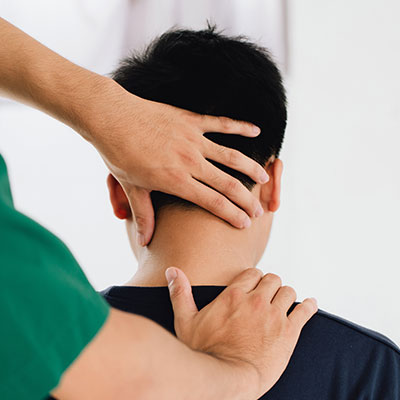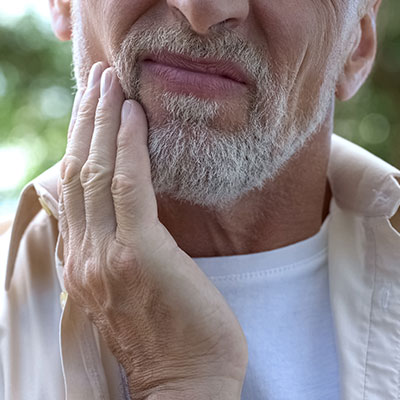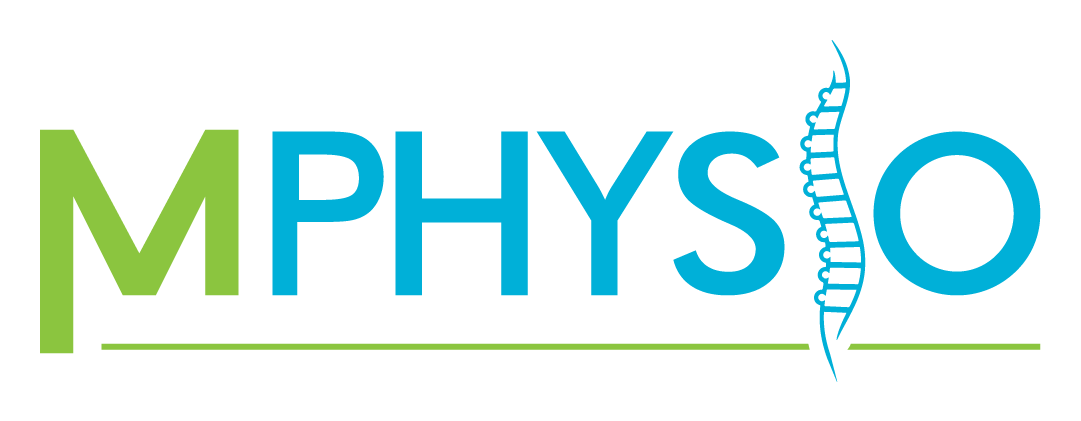
TMJ Dysfunction
TMJ Dysfunction can be like a complex puzzle with multiple pieces. The exact causes and symptoms can vary from person to person. If you suspect you have TMJ Dysfunction or are experiencing any of the symptoms listed below, we strongly recommend consulting with a healthcare provider or TMJ specialist. They can help you solve the puzzle, developing an effective treatment plan to relieve the discomfort.
The following symptoms are common in cases of TMJ Dysfunction:
- Experiencing pain in the jaw (usually constant sharp and aching)
- Painful clicking or popping in the jaw
- Headaches around the temples or in the face near the temporal bone
- Earaches, ringing in the ears (tinnitus), or a feeling of fullness in the ears
- Facial pain and/or swelling, particularly around the cheeks, temples and surrounding muscles
- Mouth pain or discomfort when chewing
- Jaw locking or limited movement in the jaw
While the exact cause of TMJ dysfunction can vary, our specialists have noticed several common contributing factors:
- Trauma or injury to the jaw or joint area
- Teeth grinding or clenching (bruxism)
- Arthritis in the temporomandibular joint
- Misaligned upper and lower teeth
- Stress and muscle tightness/tension
These symptoms and causes can vary depending on your TMJ Disorder type. Read on to learn more or book an appointment now with our TMJ specialist.
Myofascial Pain
Myofascial pain is the most predominant type of TMJ Disorder. The TMJ is the joint that connects your jawbone (mandible) to your skull. This joint is surrounded by an intricate network of muscles and fascia controlling jaw movement, including chewing, speaking, and facial expressions.
Like any other body part, the muscles and fascia around the TMJ can develop tight and temperamental trigger points. In this case, these trigger points are found in muscles such as the masseter (used for chewing), the temporalis (temples), and other muscles involved in jaw movement. As a type of TMJ Disorder, myofascial pain can lead to muscle stiffness, tenderness, and the development of trigger points in the facial and neck muscles.


TMJ Degenerative Joint Disease
TMJ Degenerative Joint Disease involves the gradual breakdown of the TMJ’s cartilage and bone surfaces within the joint. This slow degeneration can lead to inflammation, pain, and reduced movement in and around the jaw.
The cause of Degenerative Joint Disease varies from person to person. However, some of the most common causes include:
- Ageing
- Chronic Jaw Overuse (excessive grinding or clenching of the teeth)
- Previous Joint Trauma
- Joint Misalignment (malocclusion)
Early diagnosis is key to alleviating associated pain and improving jaw function. Our TMJ specialist, Matthew Jones, is highly skilled and dedicated to finding the right solution for you.
TMJ Internal Derangement
Within the TMJ is a disc-like structure of fibrous tissue that acts as a cushion between the upper and lower jaw bones. This disc should move smoothly as the jaw opens and closes. TMJ Internal Derangement, also known as TMJ disc displacement, is a condition that impacts the alignment and movement of the structures within the TMJ.
This disorder causes abnormal positioning or motion of the articular disc that cushions the joint, leading to various symptoms and discomfort. For example, every time the disc displaces, you may hear a clicking sound in the jaw.
There are two main types of TMJ Internal Derangement:
- Anterior Disc Displacement: the articular disc shifts forward to the condyle (the rounded end of the lower jaw bone), causing it to become stuck in the front of the joint.
- Posterior Disc Displacement: the articular disc shifts backward to the condyle, causing it to get stuck in the back of the joint.
Regardless of which type you suffer from, our dedicated TMJ specialist can work with you to reduce the pain and help you live a happier, healthier life once again.
Regardless of which type you suffer from, our dedicated TMJ specialist, Matthew Jones, can work with you to reduce the pain and help you live a happier, healthier life once again.

TMJ Specialist Gold Coast, Brisbane & Sydney - FAQ
How long do TMJ Disorders usually last?
In some instances, TMJ disorders resolve on their own within one to two weeks (acute). In more severe cases, it may persist for several months or even years (chronic). If your symptoms are chronic, you don’t have to live in pain. There are steps you can take and treatment options to consider. Get in touch to learn more.
Should I be concerned about TMD?
In many cases, TMJ disorders are not considered dangerous or life-threatening, but they can significantly impact a person’s quality of life due to pain and discomfort. If left unchecked, it could permanently damage the jaw, increasing the chances of dislocation. Early diagnosis and holistic treatment can help ease TMJ symptoms and prevent the condition from worsening.
What can trigger TMJ?
While triggers can vary from person to person, these are the most common:
- Teeth Grinding or Clenching (Bruxism)
- Stress and Anxiety
- Poor Posture
- Trauma or Injury
- Dental Issues
- Excessive Chewing Habits
- Arthritis
- Genetics
- Hormonal Changes
Who should I see for TMJ Issues?
You’ll most likely first talk about your TMJ symptoms with your GP or dentist. Depending on the severity of your symptoms, they may refer you to another healthcare provider such as a physiotherapist or TMJ specialist for further examination or treatment.

